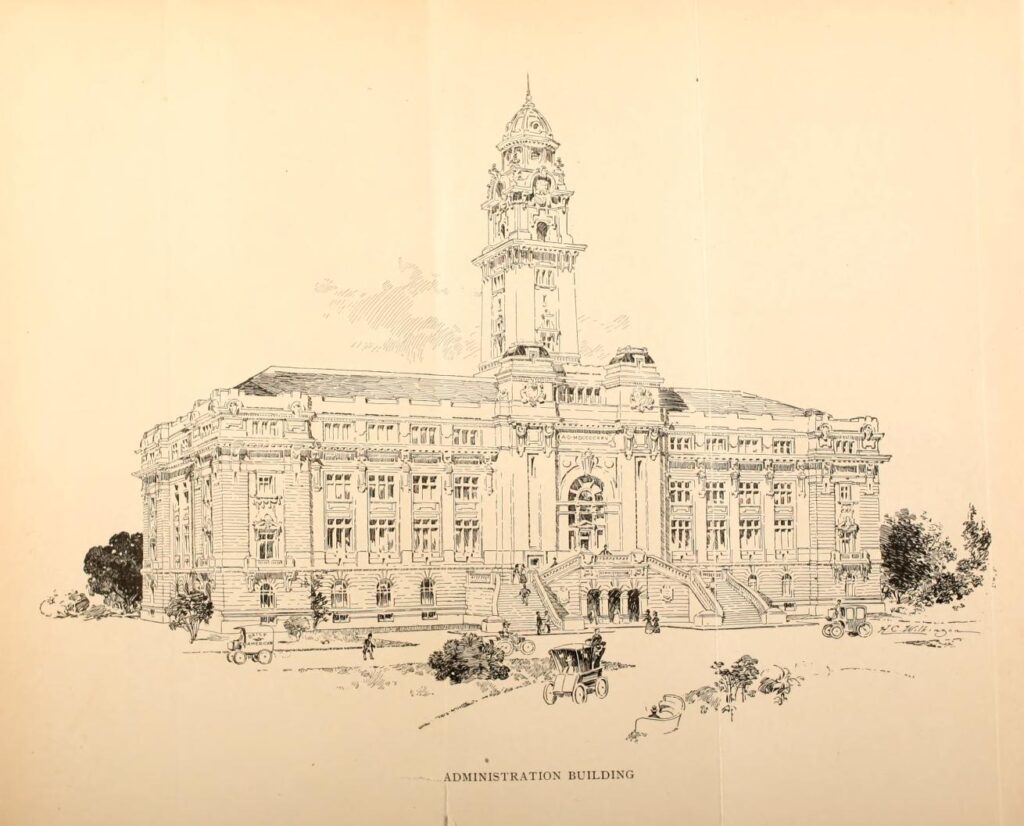
Has The New York Times Magazine‘s David Wallace-Wells forgotten the star of Bedtime for Bonzo?
Maybe not, but his “Javier Milei Is a New Prophet of Apocalyptic Capitalism” (March 31) never mentions an obvious forerunner of the current president of Argentina. Wallace-Wells finds the tone of Milei’s speech at Davos 2024 on January 18 “vehement” and “millenarian,” but Milei’s conclusion that “The state is not the solution. The state is the problem itself” is a near-verbatim echo of a much-quoted line from Ronald Reagan’s First Inaugural Address. Most of what preceded it could have appeared in an issue of The Freeman magazine like the one Reagan was photographed reading.
Perhaps Wallace-Wells’s comparison of Milei’s “Ayn Rand regime” to “a free-market junta, this time imposed not militarily but by 55.7 percent of the popular vote” intends to evoke Reagan, even if Wallace-Wells associates the phrase “shock doctrine” with milder measures than described in Naomi Klein’s book that introduced it. Milei’s opposition to abortion is to Wallace-Wells a sign that free-marketers regard feminism as a “war on progress and achievement.” Reagan’s was a deal-breaker for Rand, who warned a Q&A audience in 1976 that “should that monster succeed in 1980 … I damn any of you who vote for him.”
Rand’s assessment of Reagan as “a cheap Hollywood ham” who “always played idiotic parts in grade-B movies” was unduly harsh. Bonzo wasn’t in the league of Oliver Stone’s effort to remake Planet of the Apes with another California actor-governor, or even Clyde the Orangutan’s outings with a Carmel-by-the-Sea mayor. Its lead does convincingly portray a college professor whose chimpanzee-rearing antics aim to scientifically disprove that crime and vice are inevitable results of innate inferiority.
Such a bleeding-heart academic activist might expect to be denounced by the ideologue Wallace-Wells describes as “not a protectionist trade warrior speaking to the losers of globalization but a radical free marketeer who believes too much has been done to console them.” Yet Milei explains at length how economic growth cuts the losses of “the losers of globalization” by making even the poorest less poor (speaking as the head of the country whose comic strip heroine Mafalda called it a grower primarily of “pesimistas”). At least Wallace-Wells acknowledges contrasting views on trade of a politician who otherwise “shares a certain style with Trump.”
Wallace-Wells calls Milei “certainly the first avowed anarchist to be running a large modern government” for whom “all tax was coercion” while accepting Milei’s self-description as a “minarchist,” which Wallace-Wells explains as someone who would “preserve only the defense and law-enforcement functions of the state.” Samuel Edward Konkin III, who coined the term, noted that by their own reasoning minarchists called “for criminals … to fight other criminals” rather than using “free-market (all-voluntary) methods.”
Instead of wielding his office as a cudgel “against the forces of collectivism, social justice, environmentalism and feminism,” Milei could try following Arnold Schwarzenegger and Clint Eastwood with a role in a future Apes or Kong installment.
New Yorker Joel Schlosberg is a senior news analyst at The William Lloyd Garrison Center for Libertarian Advocacy Journalism.
PUBLICATION/CITATION HISTORY


